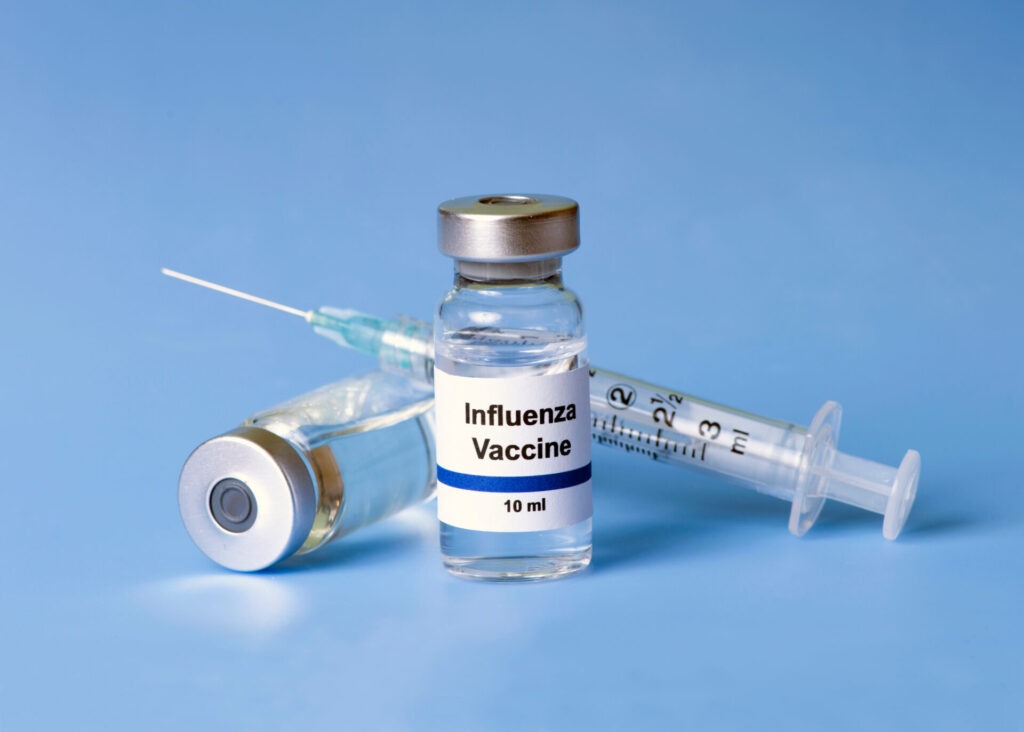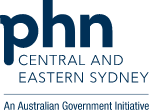Practice Incentives Program Quality Improvement (PIP QI)
The 10 Quality Improvement Measures (QIMs)
As part of PIP QI, participating practices must share the following data with CESPHN. This data is known as the Quality Improvement Measures (QIM).
Practices must also commit to Continuous Quality Improvement (CQI) that is based on data from the practice electronic medical records (EMR).
The 10 QIMs are:
- Proportion of patients with diabetes with a current HbA1c result
- Proportion of patients with a smoking status
- Proportion of patients with a weight classification
- Proportion of patients aged 65 and over who were immunised against influenza
- Proportion of patients with diabetes who were immunised against influenza
- Proportion of patients with COPD who were immunised against influenza
- Proportion of patients with an alcohol consumption status
- Proportion of patients with the necessary risk factors assessed to enable CVD assessment
- Proportion of female patients with an up-to-date cervical screening
- Proportion of patients with diabetes with a blood pressure result
Click here to view the PIP QI report walk through.
To participate in PIP QI, practices must:
- Be an accredited practice
- Have a data extraction tool installed in the practice
- Share de-identified data with CESPHN
- Sign applicable Data Management Agreements (DMAs) (POLAR DMA) and have the appropriate posters (POLAR Patient Opt-out Poster) visible in the practice
- Register via PRODA and HPOS
- Complete an annual confirmation statement each year
- Note: Please inform CESPHN & provide your PIP Identifier Number to assist The Department in processing payments
- Provide the main contact person for the program including 2 email address to receive the quarterly practice progress report
- Submit the PIP Eligible Data set to CESPHN on a quarterly basis (CESPHN will extract submission data on a monthly basis)
- Work in partnership with CESPHN on practice relevant Quality Improvement Activities (QIAs)
- Retain evidence (for 7 years) of the QI activities you have undertaken in the practice
Quality Improvement Activities
To assist your practice in meeting the requirement to maintain evidence that CQI activities have been undertaken, we have developed a new suite of sample templates and tools for your practice to get started with as a guide. Our QIAs are based on the 10 QIMs, are classified as Level 0, 1, 2 or 3 and are designed to build on the outcomes from the lower level QIA. We welcome any feedback or suggestions you might have to improve these templates.
Level 0 – We recommend starting with these activities which will help build the team, cleanse your data to prepare you for the higher level activities and familiarise you with quality improvement terminology and processes. These will help you establish a “Person Centred” approach to your patients.
Level 1 – Can generally be carried out by non-clinical staff at the front desk and generally focus on demographics or data cleansing especially current contact details.
Level 2 – May involve the nurse or a GP leader and require some clinical skill and access to patient files.
Level 3 – Tends to focus on patient outcomes and will require GP participation, preferably practice wide.
We will continue to develop the walkthroughs that will step you through the use of the extraction tools to develop the reports we refer to in the templates. Both websites have substantial resources available, and we encourage you to refer to them directly:
POLAR users: POLAR Knowledge Base Walkthroughs
Quality Improvement Activity Templates
We have created Quality Improvement Templates for you to download and use:
Blank Quality Improvement Activity Template (PDF)
Blank Quality Improvement Activity Template (Word)
Level 0 (Getting Started):
Further Information
Department of Health and Aged Care: Practice Incentives Program Quality Improvement Incentive – Guidance
PIP QI & Data Sharing FAQ Sheet
PRODA and PIP QI – Registration manual





